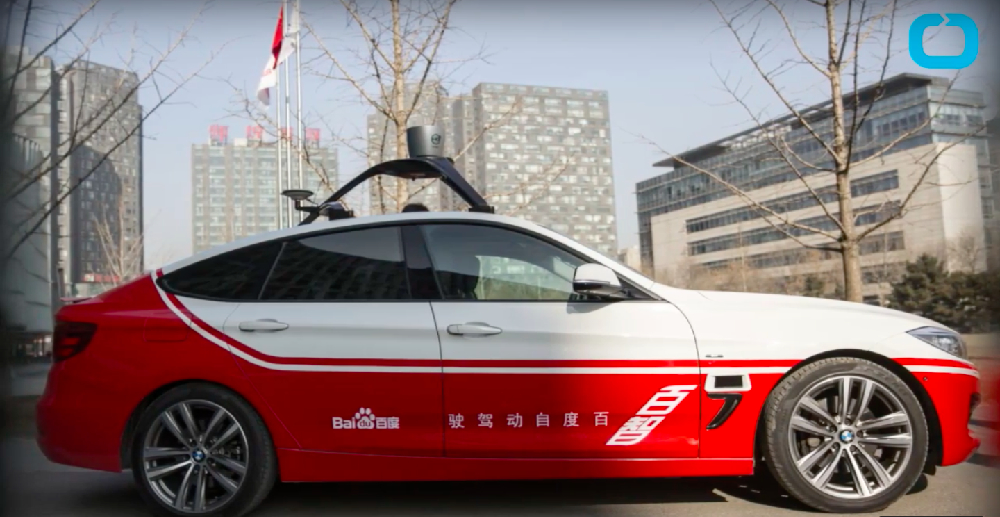
Robohub.org
Report examines China’s expansion into unmanned industrial, service, and military robotics systems
In October, the U.S.-China Economic and Security Review Commission released a report, China’s Industrial and Military Robotics Development, prepared by the Defense Group, Inc. at the Commission’s request. The report examines the development of China’s unmanned industrial, service, and military robotics systems, such as drones and driverless cars, and the economic and national security implications of these trends for the United States.
China’s rising demand for high-end robotic components and service robots as well as U.S.-China bilateral artificial intelligence research present potential markets and collaboration opportunities for the United States. But the inherently dual-use functions of industrial and service robotics strengthen China’s commercial and military production and robotic capabilities, potentially improving China’s defense industry and eroding U.S. military advantages. In addition, the application of artificial intelligence can enhance the learning capabilities and the military effectiveness of unmanned systems such as drones, which may undermine U.S. technological and military advantages.
Overall, the report advocates that the U.S. government:
- implement the recommendations of the Advanced Manufacturing Partnership 2.0 Steering Committee Report and expand the National Network for Manufacturing Innovation;
- monitor and account for Chinese advances in unmanned systems and electronic countermeasures;
- conduct an interagency review with economic, scientific, and regional experts to assess U.S.-China cooperation and bilateral investments in artificial intelligence;
- increase awareness among federal agencies, defense contractors, and research universities that Chinese research institutes actively collect their published materials, designs, specifications, and graphics;
- fully implement the Cybersecurity National Action Plan;
- use China’s state plans, procurement practices, defense plans, and other Chinese language materials to identify technologies that the PRC is seeking to acquire;
- consider requirements to more thoroughly vet foreign participants for military or other undisclosed defense affiliations in academic exchanges and research in emerging technologies; and
- monitor and, when necessary, investigate China’s growing foreign investments in robotics and artificial intelligence companies.
The report was authored by Jonathan Ray, Katie Atha, Edward Francis, Caleb Dependahl, Dr. James Mulvenon, Daniel Alderman, and Leigh Ann Ragland-Luce.
The report can be viewed here.
tags: AI, Artificial Intelligence, Autonomous Cars, c-Military-Defense, China, drones, robotics, robots





